
Found objects sculptures
Buy a sculpture made from repurposed objects at Carré d'artistes
Are you considering purchasing a sculpture made from repurposed objects?
Carré d'artistes presents a wide selection of sculptures. The art of repurposed objects consists of using various objects that have been scavenged or salvaged and combining them to give them a new value and purpose.
Instead of retaining their original functionality, the objects become an integral part of a work of art in their own right.
Read more
Materialize your purchase of a sculpture made from repurposed objects through our extensive network of over 600 artists! Save your favorites in your "wishlist" to stay updated on the news from your favorite artists and galleries! Also, receive the latest updates on contemporary art by subscribing to our newsletter.
.png)
Definition of object repurposing in art
The artist retrieves everyday recycled objects and transforms them, giving them a dimension that is both humorous, poetic, and offbeat. We no longer look at the object in the same way. It takes on a human aspect and brings about complicity. The sculptures of repurposed everyday objects highlight a genuine modern reflection on perspective and artistic approach, but with a playful touch.
This derision is a counterpoint to the sometimes austere museum framework. The act of associating objects of different nature and materials also plays on the ephemeral aspect of art. Metal, iron, wood, the materials that make up these objects sometimes undergo a form of erosion over time. The artwork evolves and changes along with the movement of temporality. Pablo Picasso, for instance, created a sculpture in 1942 by assembling various objects, titled "La Tête de taureau" (The Bull's Head). The painter and sculptor chose to combine a bicycle saddle with handlebars to represent the bull entering the arena.
The visual artist and sculptor Gilbert Legrand is an artist of object repurposing. He brings them to life by taking them out of their original context and giving them a new purpose beyond mere utility or function. The object itself no longer has to serve a specific purpose; it becomes aesthetic and contributes to the beauty of an artwork.
the democratization of repurposed art
Disappointed by the static nature of art, Jean Tinguely began creating mobile sculptures using objects found in the streets. His early works, in the early 1950s, were deeply inspired by artist Kasimir Malevitch and Jean Arp. Jean Tinguely composed abstract sculptures that gradually set in motion with hidden motors inside. His love for self-destructive machines began. Sculptor Jean Tinguely chose to criticize the artistic approach in the manner of Marcel Duchamp.
Marcel Duchamp wanted to question the positioning and sacralization of artworks by proposing "ready-mades." Marcel Duchamp is actually the very first to have been recognized as the initiator of the movement in sculptural art. These artists seek to challenge the sacred cult of the artist and the sacralization of artworks within museum institutions. The art of repurposed objects is thus democratized and mechanized in the process. At Carré d'artistes, discover sculptures of repurposed objects by contemporary artists: Daco, Zoro, and more.
Sculptures of Repurposed Objects: Techniques and Artistic Approaches
The choice of repurposed materials and objects
Artworks composed of repurposed objects stand out for their innovative use of recycled objects and everyday materials. Artists who practice this form of art create unique works by drawing from objects found in everyday life, such as:
- kitchen utensils
- mechanical parts
- toys
- pieces of metal
- recycled plastic
- wire
- glass bottles
- fabric scraps
These materials, previously intended for utilitarian purposes, acquire a new meaning in art, transforming their appearance and intended use.
Different methods of transformation and assembly
Transformation and assembly are key techniques in the creation of sculptures made from repurposed objects. Artists use various methods to modify recycled objects and adapt them to their artistic vision.
This can include cutting, folding, welding, collage, painting, polishing, and many other techniques. Repurposed objects are often creatively assembled, creating new forms, complex structures, or original compositions, giving these materials a new lease of life.
Challenges and constraints in manipulating repurposed objects
Manipulating recycled materials to create sculptures presents unique challenges for artists. Recovered objects may be altered, damaged, or have technical constraints. Artists who repurpose objects must meet these challenges by adapting their techniques, finding creative solutions, and leveraging the specific characteristics of repurposed objects. Striking a balance between preserving the integrity of each object and creating a cohesive artwork poses a major artistic challenge in the practice of object repurposing.
Sculptures By style


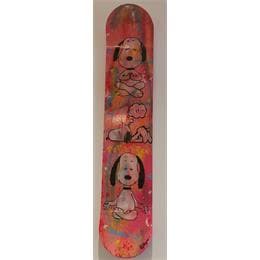
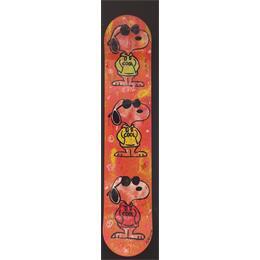
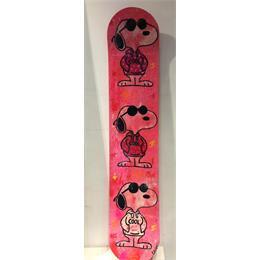
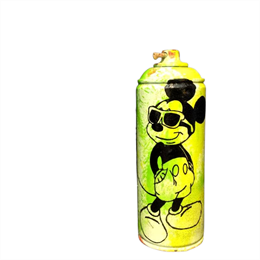
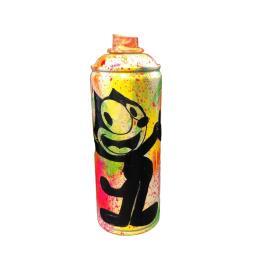
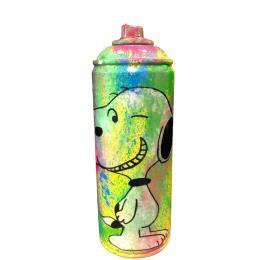

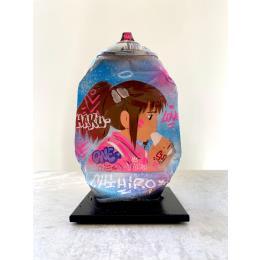

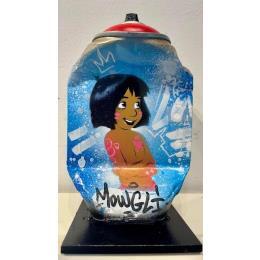



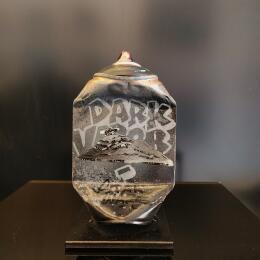




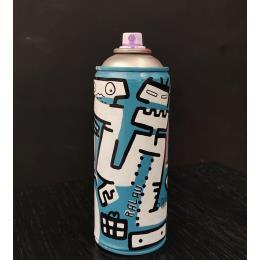








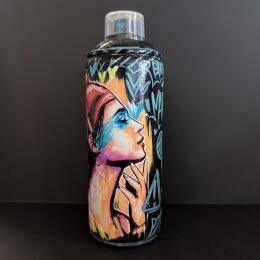

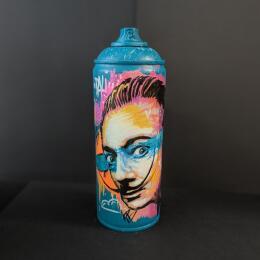

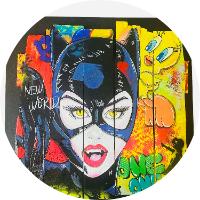
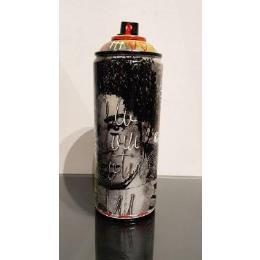
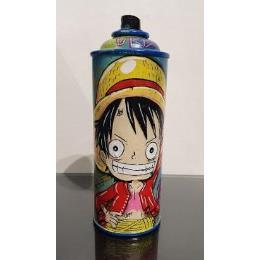

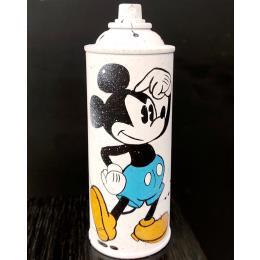
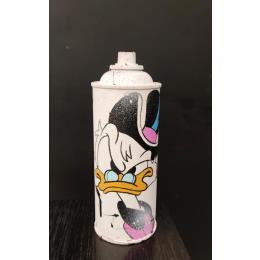



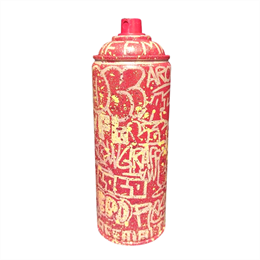


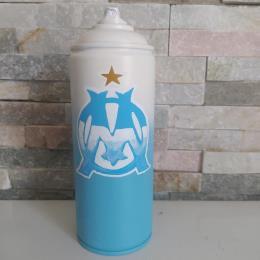

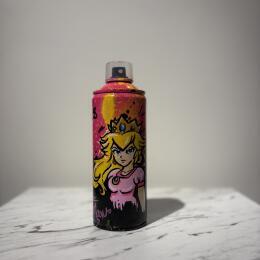


2.jpg)

